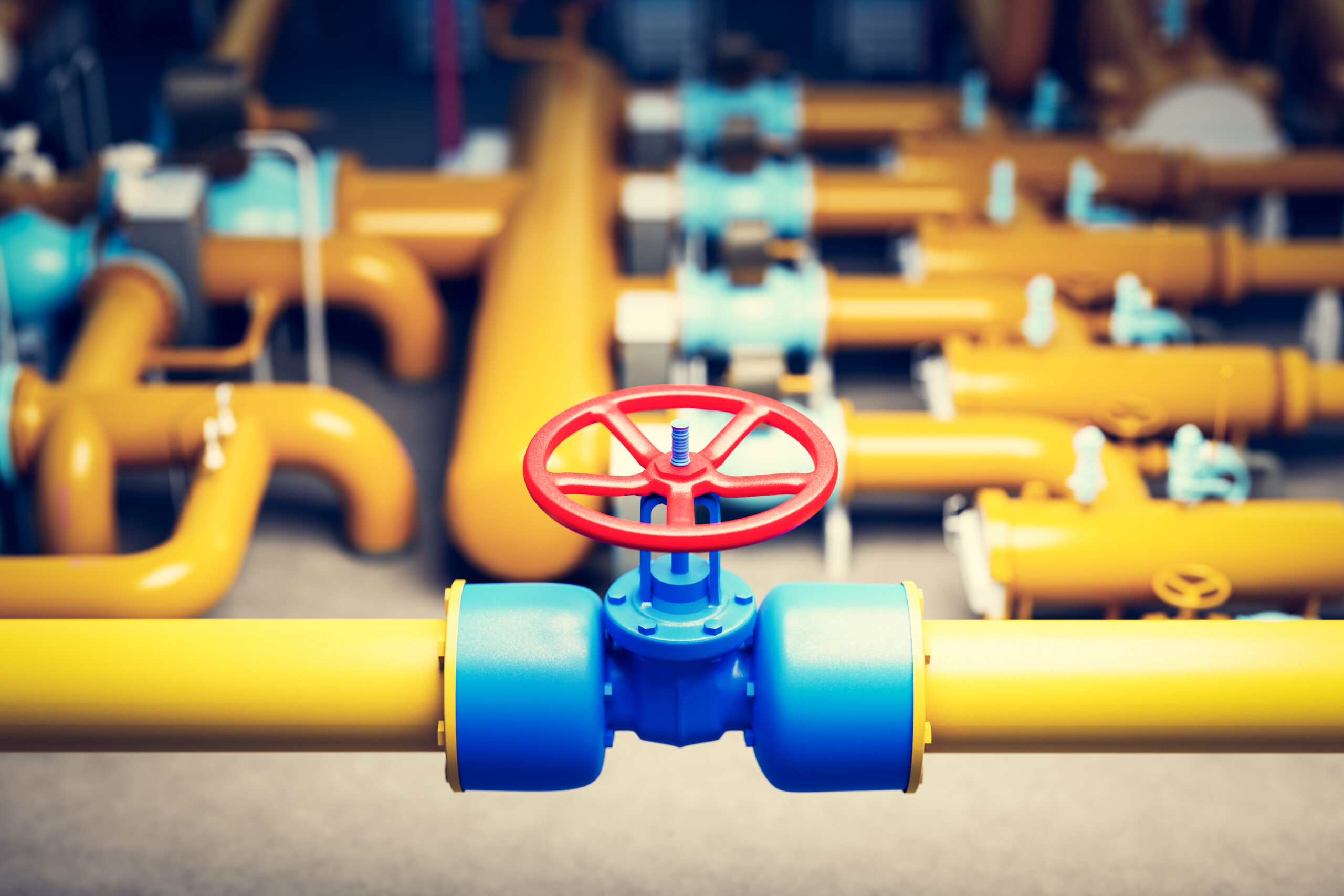What’s Happening?
A gas pipeline connecting Finland and Estonia had to be shut down recently because there might’ve been sabotage. This brings back memories of a similar issue with the Nord Stream 1 pipeline last year. Gasgrid, the company in charge in Finland, found a possible leak in the 95-mile pipeline under the Baltic Sea. This pipe will be closed for about five months, showing that this problem is pretty big.

Why It’s A Big Deal:
Finnish President Sauli Niinistö thinks this wasn’t just an accident; someone might’ve done this on purpose. After this incident, gas prices in Europe went up a lot, showing that Europe’s energy system can be easily affected.
The main guy at NATO, Jens Stoltenberg, said that if someone did this on purpose, NATO countries would need to act together.
Even though this pipeline isn’t the biggest or the most important in Europe, it’s still crucial. It carries gas from Lithuania to Finland, passing through Latvia and Estonia. Recently, Finland had been using it to send gas to Estonia. The Balticconnector can transport a specific amount of gas every year, and even though it’s not the most in Europe, it’s still super important.
Expert Takes:
Jack Sharples, an energy expert, says this is a big deal because it raises questions about safety. The Baltic Sea floor doesn’t only have gas pipes; it also has cables for electricity and internet. If these are damaged, a lot of things could go wrong.
Both Gasgrid and another company, Elering, noticed something wrong with the pressure in the pipeline. A Norwegian research center thinks there might’ve been an explosion near the pipeline. Finland and Estonia are looking into what happened.
This isn’t the first time something like this has happened. A year ago, there were explosions on two other pipelines, and no one knows who did it. Simone Tagliapietra, another expert, said that Europe should be more worried, especially if something like this happened to bigger pipelines.
Because of all this drama, gas prices are going up. There’s already not enough gas worldwide, and even small issues can make prices skyrocket.

Bottom Line:
All of this shows that Europe needs to take better care of its energy sources. As Europe tries to use cleaner energy, they have to make sure the current systems are safe. Energy isn’t just about having enough resources; it’s also about making sure everything runs smoothly.
To wrap it up, the situation with the Balticconnector pipeline highlights how easily Europe’s energy can be disrupted. As everyone tries to figure out what happened, it’s essential to ensure such pipelines are safer in the future. Keeping them safe is key for not just energy but also for the economy and the environment.
FAQs: Europe’s Energy Worries and the Baltic Gas Pipeline Drama
1. What happened with the Balticconnector pipeline?
- There was a suspected leak, possibly due to sabotage, in the gas pipeline connecting Finland and Estonia. As a result, the pipeline has been shut down.
2. How long will the pipeline be closed?
- The Balticconnector pipeline will be closed for approximately five months.
3. Why is there concern about sabotage?
- The Finnish President believes the leak may have been caused by external interference, raising concerns about intentional damage. Plus, a Norwegian research center suspects an explosion near the pipeline, which also points to potential sabotage.
4. Has something like this happened before?
- Yes, similar incidents occurred with the Nord Stream 1 and Nord Stream 2 pipelines just a year ago.
5. Why is this pipeline so important to Europe?
- Even though it’s not the biggest, the Balticconnector plays a crucial role in transporting gas through the Baltic region. Its damage or shutdown can influence gas prices and supply in Europe.
6. What could be the broader consequences of such disruptions?
- Apart from potential gas shortages and price hikes, disruptions can raise concerns about the safety of other infrastructures in the Baltic Sea, like electricity and communication cables.
7. Are there ongoing investigations into the incident?
- Yes, both Finnish and Estonian authorities are investigating the suspected sabotage.
8. What does this mean for gas prices in Europe?
- After the incident, European gas prices went up significantly. Even minor disruptions in the supply chain can lead to notable price increases, especially in an already tight global gas market.
9. How is NATO involved in this situation?
- NATO’s Secretary General has emphasized the importance of understanding the damage and its origins. If it’s found to be a deliberate attack on critical infrastructure, NATO member states might need to respond collectively.
10. What can be done to prevent such incidents in the future?
- Ensuring better security measures, monitoring, and maintenance of the pipelines are crucial steps. Collaborative efforts between countries and organizations can also enhance resilience against potential threats.
Sources CNN
#pipeline #Baltic Sea #international #investigation #security #infrastructure #explosions #Gasgrid #Estonia #Finland #sabotage #Nord Stream 1


